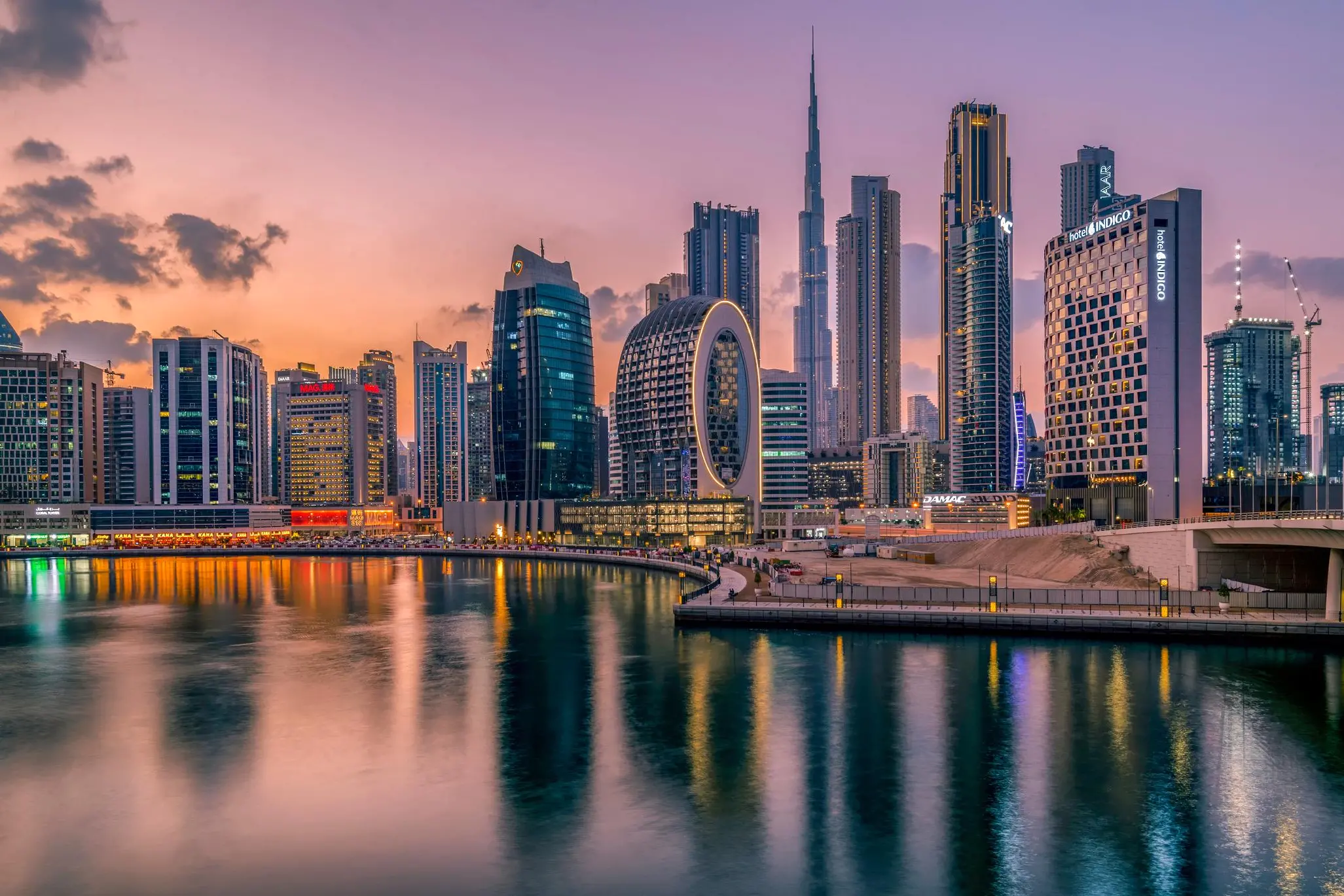PHOTO
Property sales in Dubai continue to increase as the return to normalcy kick back to life. Transaction activity in the market started to pick up late last year, after COVID-19 restrictions eased in the UAE and borders reopened to international travel.
The trend continued in 2021, with the first ten months of the year logging real estate deals with a combined value of 135.4 billion dirhams ($36.8 billion), which is up by 88.39 percent from last year and the highest since 2014, according to Property Finder. Between October and November alone, more than 12,300 homes worth 31.08 billion dirhams were purchased.
Many would argue that the latest spike in transactions has been driven by Expo 2020 Dubai, an international trade fair that opened its doors to the public in October. “The question on everyone’s mind is are we starting to see the effects of Expo 2020 in the real estate market, and the trends are giving us the answers,” noted Lynnette Sacchetto, Director of Research and Data at Property Finder.
Zawya had asked Sacchetto to provide some anecdotal evidence to show a link between the global event and property sales – whether visitors at the expo have ended up buying a villa or flat in the city - but she could not be reached for comment.
From October 1 to November 7, nearly 3 million people from the UAE and abroad passed through the fair’s gates, about seven times the visits during the first 10 days of the event. But the huge footfall isn’t the only key driver to the high levels of transaction volumes in the real estate market. The buzz around the event is indeed helping lift buyer sentiments, but there are other factors at play.
Positive sentiment
“The transaction volumes have been witnessing a rise since Q4 2020 and have seen an upward trajectory over the whole of 2021. While the positive sentiment and economic drivers stemming from Expo 2020 are one of the factors, a host of other drivers are creating this steady rise in transaction activity,” Robert Thomas, head of agency at CORE, told Zawya.
“These [factors] include the transition to normalcy with robust public health and safety measures, global connectivity, the highest vaccination rate, a raft of social reforms, along with easier access to finance due to lower interest rates and change in loan-to-value ratios,” Thomas added.
Thomas said there is a strong demand from local residents. Many of the buyers have also come all the way from different overseas markets and they are attracted by the idea of owning a piece of property in a market that has long moved on from tight mobility restrictions and COVID-19 lockdowns.
“Most traditional source markets have faced prolonged lockdowns and relatively slower COVID-19 mitigation efforts resulting in many international businesses and occupiers moving to Dubai due to its demonstrated business continuity and cemented position as a safe, open and resilient city resulting in a rise in inward investment,” Thomas pointed.
Other sources also told Zawya that several buyers from markets like Russia and other parts of Europe are entering Dubai’s real estate market due to the high rate of return on investments.
“The main reason is the high ROI. Buyers think they can make a huge return on their investment. Dubai is an attractive market because the economy is doing well, the government did an excellent job in managing the pandemic, the mortgage rates are low and there have been several reforms made recently,” a source told Zawya.
“In some countries in Europe, everything is down, there aren’t many jobs and the COVID-19 cases are still increasing. This makes people from these markets to want to move to Dubai,” the source added.
Since last year, several legal reforms and initiatives have been rolled out to make the UAE an attractive destination for both investors and human capital. Last week, the UAE government announced it would transition to a Saturday to Sunday weekend, making the county more aligned with the global markets.
“In the last 12 to 18 months, there has been a further push from the government to increase long-term residency and attract global talent, with the latest reform being the change to a Saturday-Sunday weekend,” said Swapnil Pillai, associate director for research at Savills Middle East.
“A reduction in the LTV ratios and affordable lending rates have resulted in strong demand for residential [units] in 2021 and transactions have increased by 76 percent year-on-year till November, indicating a strong recovery and positive outlook for the sector,” Pillai said.
He noted that Dubai is the third most affordable prime residential market in the world, with the property price per square foot at $570. “[Dubai is] among the top three in terms of investment returns,” Pillai said.
(Reporting by Cleofe Maceda; editing by Mily Chakrabarty )
Disclaimer: This article is provided for informational purposes only. The content does not provide tax, legal or investment advice or opinion regarding the suitability, value or profitability of any particular security, portfolio or investment strategy. Read our full disclaimer policy here.
© ZAWYA 2021





















